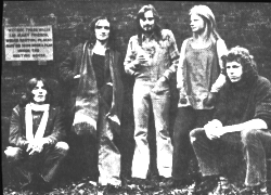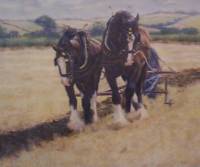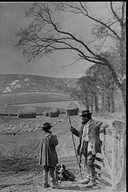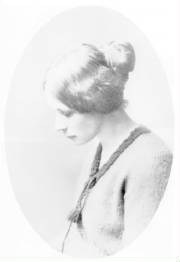|

the never-to-be-duplicated Albion line-up of
Simon Nicol,
Martin Carthy, Roger
Swallow,
Sue Harris and John Kirkpatrick.
Ashley Hutchings missing in action
Engineered and produced by John Wood
Recorded at Sound Techniques Studio and Island Studio, St. Peter's Square, London
Album
cover by Ian Logan Associates
Photography by Keith Morris
Martin Carthy, vocals, acoustic guitar;
Sue Harris, vocals, oboe, hammered dulcimer;
Ashley Hutchings, vocals,
electric bass guitar;
John Kirkpatrick, vocals, anglo-concertina, button accordion, melodeon, electric piano;
Simon
Nicol, vocals, electric and acoustic guitars, electric dulcimer, synthesiser;
Roger Swallow, drums, percussion
Remembering The Land

The census of Britain taken in 1851 showed a total population of 20.9 persons, where 10 3/4 million had been counted
in 1801 ; in the intervening years, the population had almost doubled and the country had become the largest manufacturer
of industrial products in western Europe. Of this population, some 1 3/4 million were engaged in the cultivation of the soil,
in the rearing of animals and the care of woods. Those employed on the land were, infact, already a minority of the British
people, representing only about one -fifth of the total occupied persons, or one-quarter of the males over twenty years of
age. Thus for every adult male engaged in agriculture or forestry, there were three others working in trade, domestic service,
or in the professions....The Battle of the Field was already joined.......
The system of appropriating common land as private property. The changing of open field systems to enclosed
fields began in the 14th century and became widespread later, resulting in poverty, starvation, homelessness, and rural depopulation.
The first laws were passed in 1515, and there were revolts in 1536, 1569, and 1607, and many government measures to prevent
depopulation were introduced 1489-1640, including the first Enclosure Act [1603] but these were sabotaged at a local
level by land-owning magistrates. There were many popular riots against the enclosures, such as those led by John Reynolds,
alias Captain Pouch, in Northamptonshire in 1607. The government passed Enclosure Acts in response to a petition which
had been signed by 80% of the owners of the land. Tenants, who rented their land, had no rights in this respect. A new wave
of enclosures by Acts of Parliament 1760-1820 during which period about 3500 acts were passed reduced the small land-owning
farmers to agricultural labourers, or forced them to leave the land entirely. The Enclosure Acts applied to about 25% of the
land in England, and about 17 million acres were enclosed without any parliamentary act. Under the Enclosure Acts, the enclosers
had an obligation to create a road-way past the newly enclosed meadows. In most cases, the Enclosure Acts specified the width
of enclosure roads as 40 ft. From 1876 the enclosure of common land in Britain was limited by statute. The last major Enclosure
Act was in 1903.

|
 |
|
![The Battle of the Field [click for larger image]](sitebuildercontent/sitebuilderpictures/.pond/battle_of_the_field_front.jpg.w300h300.jpg)
|
| Island Records HELP 25 (LP, UK, 1976 (recorded 1973)) |
side 1
Albion Sunrise
Morris Medley
* Mouresque
* London Pride
* So Selfish
Runs The Hare
* Maid Of The Mill
* Sheriff's Ride
I Was A Young Man
New St George / La Rotta
side 2
Gallant Poacher
Cheshire Rounds / The Old Lancashire Hornpipe
Reaphook And Sickle
![back cover [click for larger image]](sitebuildercontent/sitebuilderpictures/.pond/battle_of_the_field_back.jpg.w300h269.jpg)
|
| Island Records HELP 25 LP, UK, 1976 (recorded 1973) |
 |
 |
|

|
|
related internet links
|
|
our webpage on this
truly wonderful author
and chronicler of a vanished
way of life.
the page was later expanded
to a full website, a link to which
can be found through
the above picture of
Flora Thompson
a
truly fascinating insight
into
an area of southern England
in
the 17th century
an annotated version of
Oliver Goldsmith's famous poem,
with associated articles
and illustrations
|
|
 |
 |
|
 |
|
|
 |
|
|
|

